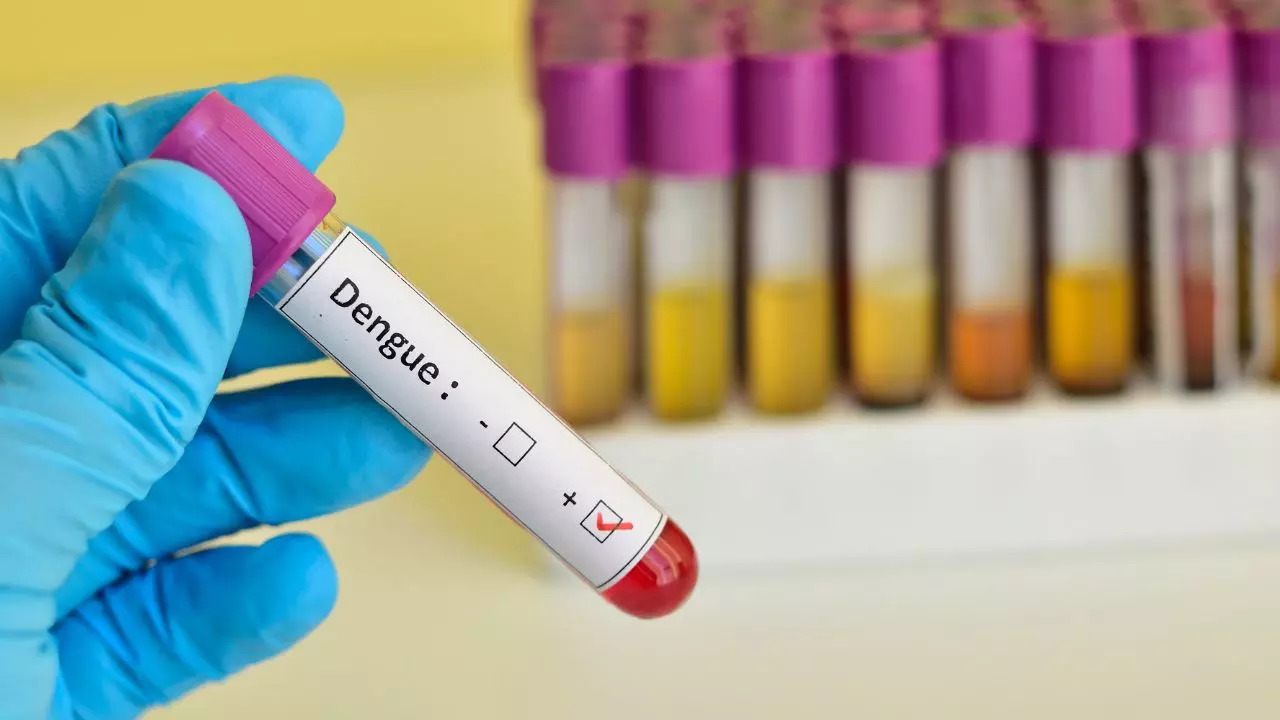When should you get tested for dengue? Experts tell you the do’s and don’ts, symptoms and more

When should you get tested for dengue? Experts tell you the do’s and don’ts, symptoms and more. (Image: iStock)
When should you get tested for dengue?
Dengue can be serious if left untreated. If you notice symptoms like high fever, rashes, and joint pain, get tested for dengue without any delay. Molecular test for dengue virus (PCR), antibody test, IgM and IgG, complete blood count (CBC), and basic metabolic panel (BMP) are some of the tests you will be asked to get done to confirm the diagnosis of dengue. It is important to start treatment immediately after symptoms appear and diagnosis is confirmed.
Symptoms to note
Symptoms of dengue are fever over 104°F, low blood platelets, low blood pressure, severe eye pain, headache, joint and muscle pain, nausea and vomiting, rash, chills, fluid accumulation like ascites, swollen glands, excessive thirst, pale and cold skin, bleeding from gums and mouth, skin rashes, fatigue, inability to breathe. Remember, dengue is a debilitating mosquito-borne disease and must be treated in time. These symptoms are worrisome and need immediate attention.
Are any additional tests needed if dengue is diagnosed?
When diagnosed with dengue, it is important to manage the symptoms and ensure proper hydration. The doctor will recommend a complete blood count (CBC) to track platelet levels and hematocrit, advanced diagnostics like serological tests can confirm the various dengue serotypes. Talking to your doctor and getting all the necessary tests done is the need of the hour.
Do’s and Don’ts Before the Test
Before the test, it is important to stay hydrated. A well-hydrated patient will be able to give an accurate blood sample. Avoid any over-the-counter painkillers or anti-inflammatory medications before your tests. Keep a detailed record of the symptoms that have made you opt for the test.
What to eat during dengue fever?
Preventive measures
To avoid dengue, fog your surroundings regularly to eliminate mosquito breeding sites, wear full-sleeved clothes or use repellents to avoid mosquito bites. Keep windows closed in the evening and do not allow water to collect around the house.


